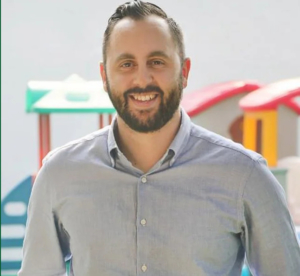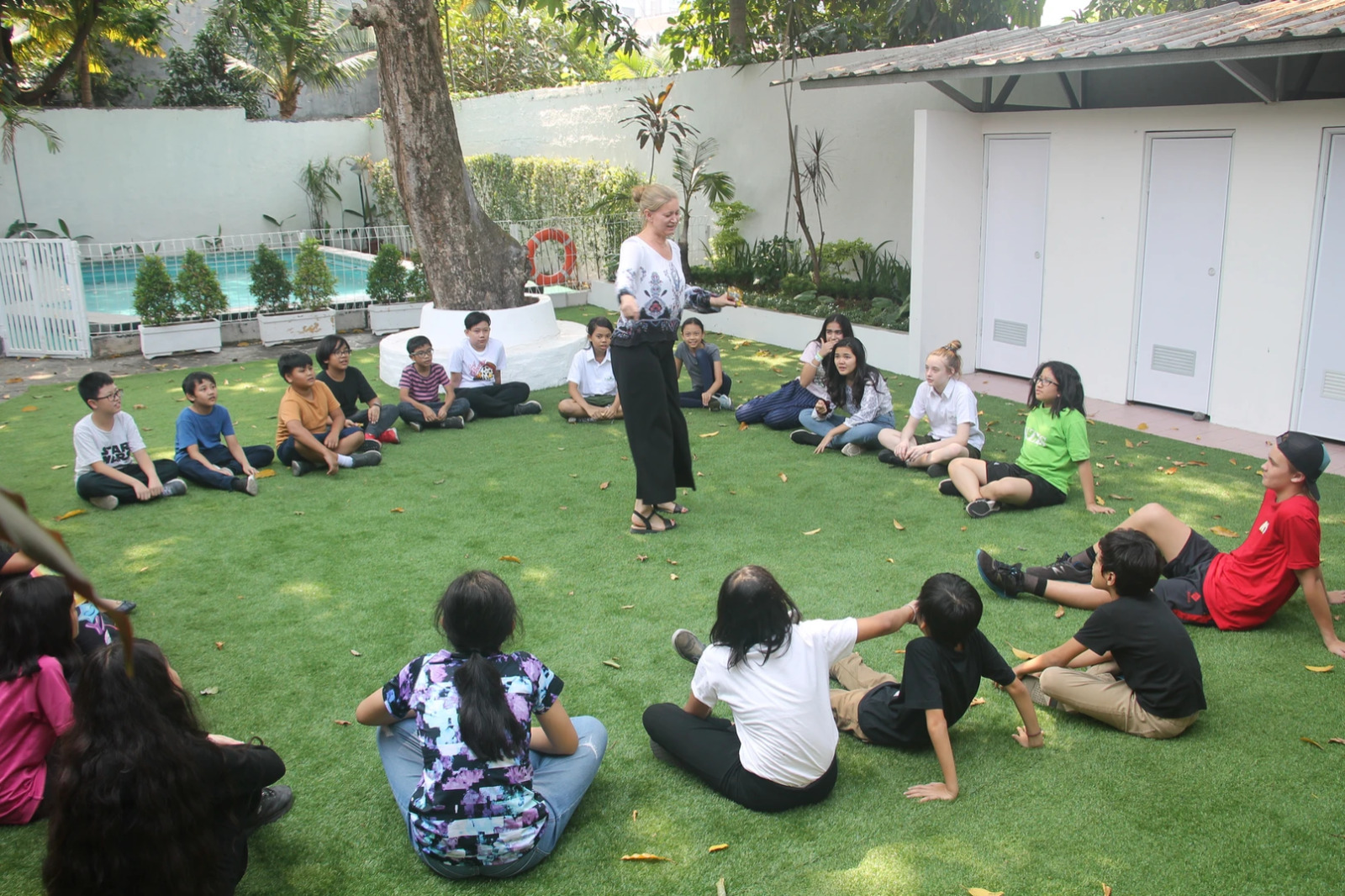The New Zealand School Jakarta (NZSJ) is a progressive, growing international school situated in the heart of Kemang in South Jakarta. NZSJ believes that happy children are more confident learners, so strives to be a place where children of all ages feel safe, supported and happy. NZSJ employs the New Zealand Curriculum supplemented with other academic programs to serve the educational, physical, social-emotional and creative needs of children aged between 18 months (Pre-School) to 16 years (Grade 10). It also aims to be an inclusive school for children with learning disabilities.
Here is an interview with the head of the New Zealand School Jakarta, Tim Maitland:
Q. Please introduce yourself and tell us a bit about your background
A. My name is Tim Maitland. I’m from London, UK and have been living in Indonesia for 12 years now. I began my journey in education as an English teacher and was then given opportunities to take on leadership roles including Head of English, Deputy Head Teacher, Head of Primary and Early Years and now as the Head of School at New Zealand School Jakarta. I am passionate about teaching English and understanding motivation in young learners. I am also very enthusiastic about sports and the arts. I believe that providing a well-rounded education is essential for children.
Q. What is your vision / goals for New Zealand School Jakarta?
A. Our vision is to create a learning environment that enables communities to grow and contribute positively to the world. Our goal is to provide an exceptional learning journey for all our children as well as the support, guidance and experiences they need to grow into happy and resilient lifelong learners. There’s a concept from the Maori people in New Zealand called Kotahitanga. It means unity and togetherness. It emphasises the importance of working together to achieve common goals and it stresses the idea of being one whanau (family), and that we must support and uplift each other in order for us all to achieve our full potential. I feel this idea really embodies the culture of our school and what we are striving for, which is a strong sense of community that wants to help others thrive and be the best versions of themselves.
Q. What curriculum do you follow?
A. We employ the Te Whariki Curriculum for our Early Years programme, which is the New Zealand framework for Early Years education and is centred on learning through play. In Primary and Secondary, we follow the New Zealand Curriculum, which promotes learning through inquiry and project-based learning. We are also supported and authorised by Pearson Edexcel. We are also a SPK school accredited by the Ministry of Education of Indonesia.
Q. What words would you use to describe New Zealand School Jakarta?
A. I would describe our school as welcoming, family-oriented, progressive, impactful and engaging.
Q. What are some of the strengths of New Zealand School Jakarta?
A. We are a small, family-oriented community, which allows our teachers to personalise learning to the needs of the learners and deliver an excellent curriculum that develops children to be well-rounded individuals, equipped to respond to an uncertain future. Students and families should feel a sense of belonging in a community that is supportive and responsive. We have a strong team of educators that are motivated to guide children through their educational journey and to help them realise their full potential.
Q. How do you empower students and help them to develop confidence?
A. Students come from different backgrounds and have their own experiences, knowledge and ideas, which should be utilised in the classroom. Giving students a voice allows them to feel a sense of belonging. This approach acknowledges them as a valued member of the school community and an active participant in their own learning and the learning of others. This shifts the balance of power in the classroom. Students can teach the teacher or even teach their classmates. The teacher is not expected to know everything and should be willing to say ‘I don’t know but let’s find out together’. The value of the teacher is not so much the content they can provide but the ways they can guide and navigate the learning experience. This can be done by asking essential questions to stimulate thought and discussion, elicit what students already know, draw connections to their personal experiences and the world around them, identify what they want to learn and provide opportunities for them to investigate, experiment and create.
A. How can our readers get in touch with you?


